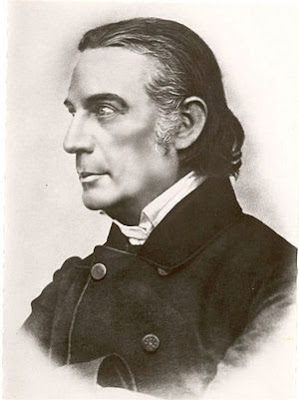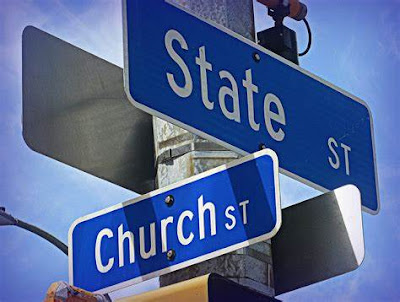Pastor Wolfmueller was kind enough to respond to my voice message on What Not: The Podcast . I will try not to let his complement of "very well stated" go to my head, dear reader. Distilling his response: There are different energies to the Word and Sacrament. The Word scatters, the Sacrament gathers. The Word (written and spoken) travels through space and time just fine. The Sacrament gathers, you have to come to the table, take the elements and eat them. You can't do them apart from one another. Both are good, both are necessary. The goal of online catechesis - podcasts, etc. - is to end up at your local church's altar. It is only supplemental to participation in the local congregation. The church is both synagogue (gathered together) and ecclesia (called out). Worship is something fuller than catechesis - a shadow of the heavenly throne room - where the Liturgy takes its shape. Conversation between the Father, Son and Spirit (the Word, preach...







